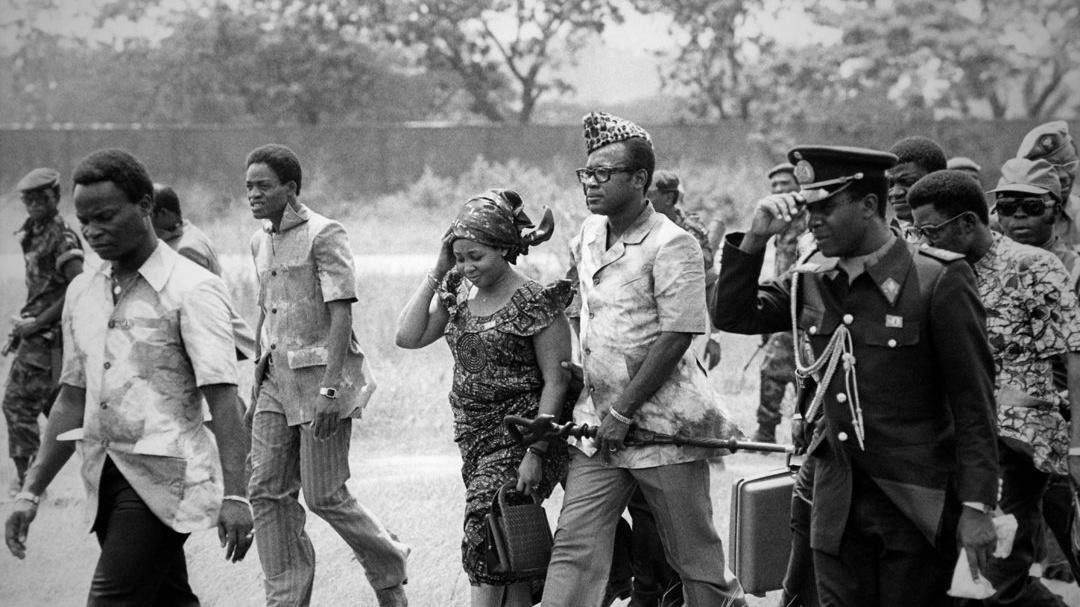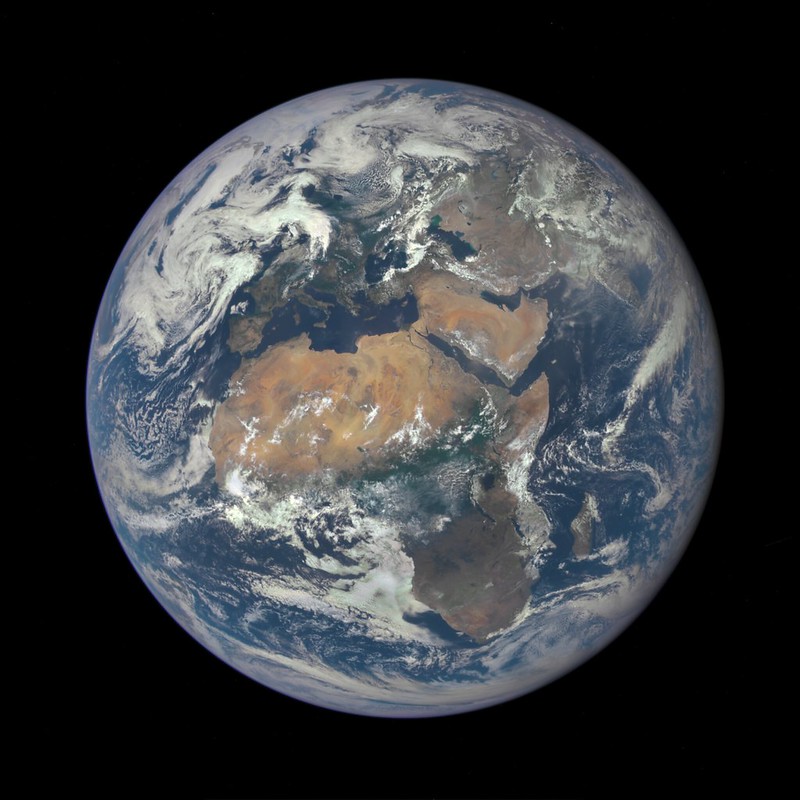How do we reconcile the following two propositions: human beings are at times good, but at times are happy at other people’s unhappiness? As homo sapiens, we find ourselves living in this ambiguity. It is related to how we define ourselves as human beings, how we relate to each other, and imagine ourselves in the world, writes Muxe Nkondo.
Ordering and regulating our relations is part of our social contracts. Doing so requires thinking, feeling, and doing. These phenomena are backed by experience, both personal and collective. This is in part guides by two historical co-presences, the endless dialectic between all-too-human dispositions: ubuntu and evil eternally at war with each other. Ubuntu here being the ability to see yourself in others, to act in such as a way that what is good for them is good for you. I am because you are. Without you, I would be less.
This dichotomy is what makes human action an object of knowledge – in which philosophy, ethics, theology, and science come together in the search for an answer that will suffice.
Even secular traditions – liberalism, socialism, capitalism, egalitarianism, nationalism, and so on – must deal with this dialectic (although they often use different words to describe it). All of them, and all of us, in one way or another, must deal with pain inflicted and benevolence dispensed. This brings us to us our shared vulnerability, relieved by the presence of ubuntu in human relations around the world.
Epistemology, ethics, and theology think of ubuntu and evil as common sources of life’s essential ambiguity and complexity. The two forces are entangled and haunt philosophy. It is difficult to tell conclusively why humans inflict pain on each other. Law tries to determine guilt and innocence and come up with norms to apportion fault and responsibility: terms of reference on how we relate to each other and order our lives. Political psychology does not go beyond emotions and private motives. Perhaps that’s why Christianity and Political Islam are having a tough time creating conditions for happiness and well-being. Fault, responsibility, and punishment have failed to dissolve the contradiction of ubuntu and evil, which are co-present in our humanity.
The dual presence of ubuntu and evil compounds analysis and interpretation. They are real experiences on the ground, but not easy to articulate. The most visible effect of this strange dialectic is that human beings are part of an order they cannot control, not even comprehend.
It is paralleled in politics by the conflicts between power and justice around the world. The dialectic fundamental, and not merely historical and contingent. It has never been resolved. It remains a work in progress. In searching for an answer, we cannot turn to politics in the strict sense of the term, in its narrow concern for citizens over non-citizens.
Various philosophical positions are reduced to thrusts at a problem which lies in the thrusts themselves. They incorporate the experience of ubuntu and evil in the grand narrative of the life played out in various political systems. Even pragmatism fails to explain. That is why the problem of good and evil has become a major crisis for politics, law, ethics, and religion.
What boggles the mind is that we have had this experience – the ambiguous co-presence of ubuntu and evil in human relations – but our interpretations differ, and consequently so do our judgements and behaviours. We have had the experience, but the meaning continues to elude us. There is an intricate gap between experience, knowledge, and action.
Acceptance
Power seems to be the original sin. Where it comes from Nietzsche’s The Will to Power, Freud’s analysis of narcissism, nor George Meredith’s narrative about the egotistic self in The Egoist are able to explain. Perhaps the time has come to accept the dialectic as central to the human condition, grit our teeth and negotiate the tension that dogs our lives. The dialectic is unlikely to change. This may be the wisdom we need to make full use of. The first and most tenacious of wisdom is that of acceptance, although not all suffering is deserved. This reduces the bewilderment, making the order of things just that, without insisting on final answers. How best can we make use of the dialectics between ubuntu and evil? We must take the dialectic into our policies, laws, codes, and regulations, and transform our discourse into a wide and deep acceptance. No voice in the discourse on ethics provides a simple, direct reply to the problem.
Being African, European, American, Asian, and so on ultimately doesn’t matter in the scheme of things. What matters is our ability to give meaning to things. This may not extend our lives but it deepens our capability to think, to feel, and to adjust our lives accordingly. That wisdom and that adjustment grounds our life, our happiness, and our well-being in a world of radical uncertainty.
An epistemology or theology is broken if it doesn’t accept the close links between ubuntu and evil. There seems to be no simple compromise. It is in considering this dialectic that we have to understand the limits of liberalism, and the various forms it takes in politics, economics, and public management. Particularly in a fast-globalising knowledge economy, fraught with what John Kay and Mervin King call ‘radical uncertainty’, which constrains decision making, strategy development, and policy implementation. Perhaps we must rethink the possibilities of fundamental change in social, economic, and political relations, re-think revolution as well. Perhaps that’s why fundamental change is failing, vulnerable to subversion and manipulation. That’s why controlling corruption is a thankless task, and the law is teetering at the brink. Responsibility and fault – these two principals have a full-time job as we experience the historical dialectic of ubuntu and evil, and the various forms it takes in almost all democracies, and the search for ethics for today.
The coexistence of evil and ubuntu is an enigma that has concerned philosophy since the very beginning. Democracy’s effort to find space for both has had variable fortunes. It is logically inconsistent with the existence of a loving, all-powerful God. The idea of God and the Devil in perpetual conflict is a wicked problem we must deal with pragmatically. Having to deal, in the world of superstitions, with ‘the evil eye’, ‘the evil one’, and ‘the evil day’ daily is a dilemma that confronts religion, politics, and public management every day. What redeems the dialectic is our reverence for life and indomitable will to power over things – our will to agency. No place here for Slavoj Zizek’s ‘the courage of hopelessness’ it’s Noam Chomsky’s ‘optimism over despair’ that sustains us.
Photo credit: Pexels






an interesting thought provoking article, I had to read twice to assimilate and relay a better understanding by author’s philosophical connotations – good one
Professor Muxe Nkondo your valued contributions and insights would be very beneficial to share especially for the young people who are the future Ubuntu proponents and propellors.
So enlightening my mentor. your continued contribution to the body of knowledge is much appreciated and valued.
Forever indebted to you.